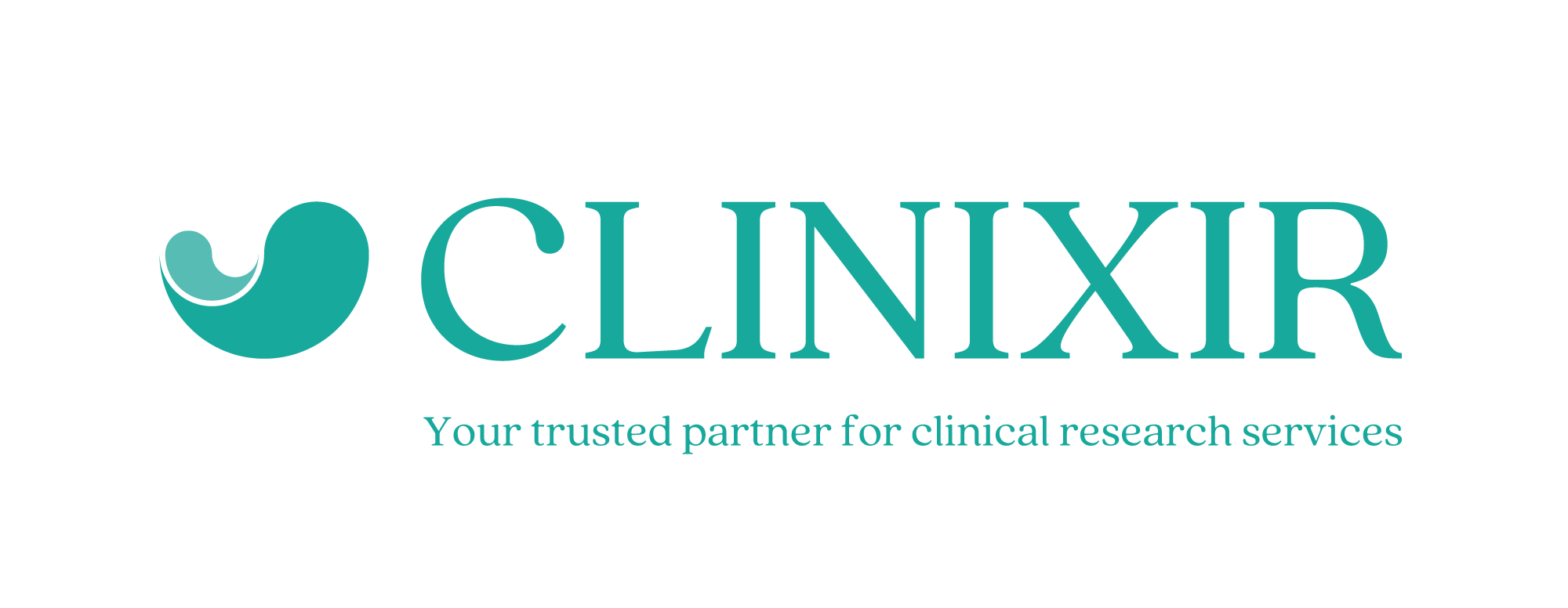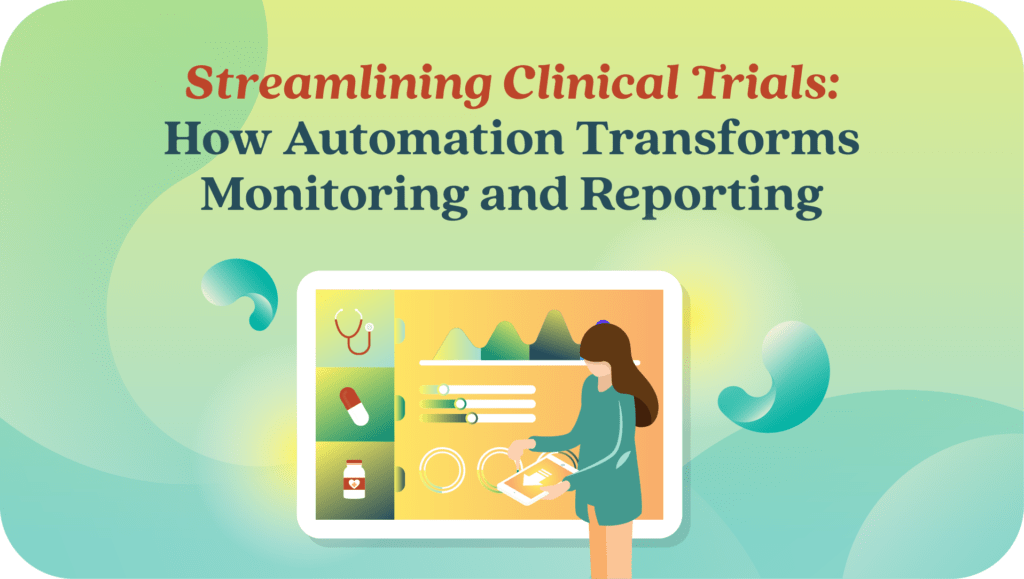The clinical trial industry is undergoing a transformation, driven by the need for faster, more accurate, and cost-effective processes. Automation in the monitoring and reporting process of clinical trials is a pivotal development, offering significant advantages. Clinixir is at the forefront of this revolution, leveraging cutting-edge technology to enhance efficiency, accuracy, and compliance in clinical trials.
The Evolution of Clinical Trials
Clinical trials are essential for the development of new medical treatments and drugs. Traditionally, these trials have been labor-intensive, time-consuming, and prone to human error. The monitoring and reporting processes, in particular, have been challenging due to the vast amounts of data generated and the strict regulatory requirements.
The Role of Automation
Automation in clinical trials involves the use of advanced software and technologies to perform tasks that were previously done manually. This includes data collection, data analysis, monitoring, and reporting. By automating these processes, Clinixir aims to streamline clinical trials, making them more efficient and reliable.
Key Benefits of Automation
- Increased Efficiency Automation significantly reduces the time required for data collection and analysis. With automated systems, tasks that once took weeks or months can now be completed in days or even hours. This acceleration allows for faster decision-making and quicker progression through trial phases.
- Enhanced Data Accuracy Manual data entry is susceptible to errors, which can compromise the integrity of a clinical trial. Automated systems reduce the risk of human error, ensuring that data is accurate and reliable. This precision is crucial for regulatory compliance and the overall success of a trial.
- Cost Savings By reducing the need for manual labor, automation lowers the overall cost of clinical trials. These savings can be redirected towards other critical areas such as patient recruitment and additional research, further enhancing the trial process.
- Improved Compliance Compliance with regulatory requirements is a significant concern in clinical trials. Automated systems are designed to adhere to industry standards and regulations, reducing the risk of non-compliance. This ensures that trials meet all necessary legal and ethical standards.
- Real-Time Monitoring and Reporting Automation enables real-time monitoring of clinical trials. Researchers can access up-to-date information on trial progress, allowing for timely interventions if issues arise. This real-time data also facilitates more accurate and comprehensive reporting, providing stakeholders with a clear picture of trial outcomes.
Clinixir’s Approach to Automation
Clinixir integrates state-of-the-art automation technologies into its clinical trial processes. By utilizing electronic data capture (EDC) systems, remote monitoring tools, and advanced analytics, Clinixir ensures that every aspect of a clinical trial is optimized for efficiency and accuracy.
- Electronic Data Capture (EDC) Systems EDC systems streamline data collection by allowing data to be entered directly into a digital format. This reduces the need for paper records and minimizes the risk of transcription errors. EDC systems also facilitate faster data analysis, contributing to quicker decision-making.
- Remote Monitoring Tools Remote monitoring tools enable researchers to oversee trials without the need for on-site visits. This not only saves time and resources but also allows for continuous monitoring of trial progress. Any discrepancies or issues can be identified and addressed promptly, ensuring the trial remains on track.
- Advanced Analytics Advanced analytics tools analyze vast amounts of data quickly and accurately. These tools can identify patterns and trends that may not be apparent through manual analysis. This insight is invaluable for making informed decisions and predicting trial outcomes.
The Future of Clinical Trials
The integration of automation in clinical trials is just the beginning. As technology continues to evolve, we can expect even more sophisticated tools and systems to enhance the trial process. Clinixir is committed to staying at the forefront of these advancements, continuously improving its methods to deliver the best possible outcomes for patients and researchers.
Automation in the monitoring and reporting process is revolutionizing clinical trials. By increasing efficiency, enhancing data accuracy, reducing costs, improving compliance, and enabling real-time monitoring, automation addresses many of the challenges traditionally associated with clinical trials. Clinixir’s innovative approach to automation ensures that clinical trials are conducted more smoothly and effectively, paving the way for new medical breakthroughs and improved patient care.



